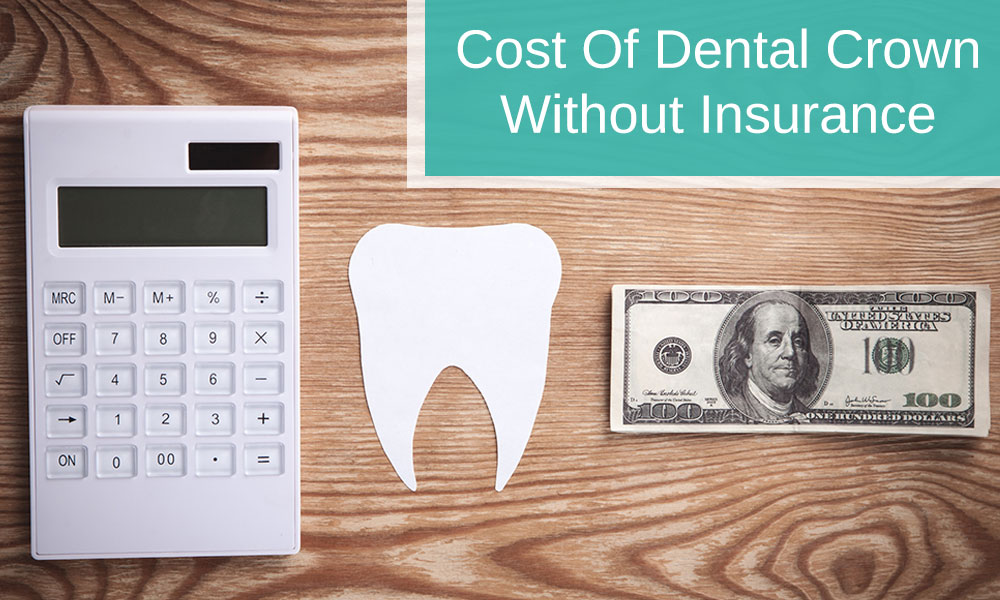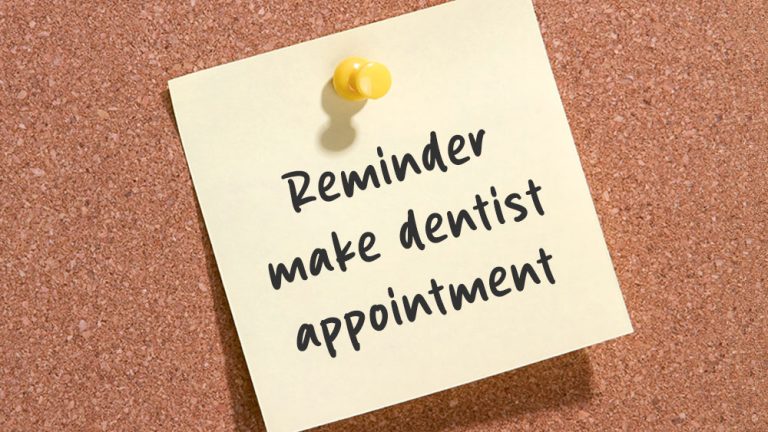
Cost of Dental Crown Without Insurance
I. Understanding the Importance of Dental Crowns
Dental crowns are not just cosmetic enhancements; they play a crucial role in maintaining oral health. Dental crowns without insurance cost between $1,000 to $1,500. When a tooth is severely damaged due to decay, fractures, or a root canal procedure, a dental crown becomes necessary. Acting as a cap, the crown provides structural support, protects against further damage, and restores the tooth’s functionality.
Beyond functionality, dental crowns contribute to overall well-being. They prevent misalignment caused by tooth loss, support proper chewing, and enhance the aesthetics of the smile. Considering these multifaceted benefits, the cost of dental crowns without insurance becomes a significant aspect of oral health management.
II. Types of Dental Crowns
A. Ceramic Crowns
Ceramic crowns, commonly made from porcelain, are renowned for their natural appearance. These crowns closely mimic the color and texture of natural teeth, making them an ideal choice for visible areas. The cost of ceramic crowns without insurance varies, generally ranging from $800 to $3,000 per crown. The variation depends on factors such as the quality of the material and the complexity of fabrication.
B. Porcelain-Fused-to-Metal (PFM) Crowns
PFM crowns combine the strength of metal with the aesthetic appeal of porcelain. These crowns are suitable for both front and back teeth. The cost of PFM crowns without insurance falls within a moderate range, typically ranging from $500 to $1,500 per crown. This balance between durability and aesthetics makes PFM crowns a popular choice.
C. Gold Alloy Crowns
Gold alloy crowns, while less common for visible teeth, are valued for their exceptional durability. Primarily used for molars, these crowns withstand the forces of chewing exceptionally well. The cost of gold alloy crowns without insurance is generally higher, ranging from $600 to $2,500 per crown. The higher expense is attributed to the quality and longevity of the material.
Understanding the characteristics and cost implications of each crown type allows individuals to make informed decisions based on their preferences and budget.
III. Average Cost of Dental Crowns Without Insurance
A. National Average
The national average cost of dental crowns without insurance typically falls within the range of $800 to $1,500 per crown. This estimate includes the crown’s fabrication, the dental procedure, and any necessary preparatory work. The variation in costs is influenced by factors such as the type of crown, the materials used, and the dentist’s fees. Teeth cleaning without insurance will cost $130 on average.
B. Regional Variations
Dental care costs can vary significantly based on geographical location. Urban areas, with higher living and operational costs, often have higher dental fees. In contrast, rural areas may offer more affordable options. Researching local dental offices and obtaining quotes can provide a more accurate understanding of dental crown costs in specific regions.
C. Additional Costs
In addition to the base cost of dental crowns, several additional expenses may arise:
- Diagnostic Tests: X-rays or imaging necessary for treatment planning.
- Preparatory Procedures: Treatments such as root canals or build-up procedures before crown placement.
- Temporary Crowns: In some cases, a temporary crown may be required while waiting for the permanent crown to be fabricated.
Being aware of potential additional costs enables individuals to budget more effectively and avoid surprises during the treatment process.
IV. Factors Influencing the Cost of Dental Crowns Without Insurance
A. Crown Material
The choice of crown material is a primary factor influencing the overall cost. Ceramic crowns are generally more affordable than gold alloy crowns due to differences in material cost and the complexity of fabrication. While the aesthetics of ceramic crowns are a major advantage, individuals should weigh this against the durability and strength offered by other materials.
B. Dentist’s Expertise
The experience and expertise of the dentist significantly contribute to the cost of dental crowns. Dentists with extensive experience and a reputation for high-quality work may charge higher fees for their services. When considering dental crown options, finding a balance between cost and the qualifications of the dental professional is crucial.
C. Geographical Location
Geographical location plays a role in dental crown costs. Individuals in urban areas may face higher fees due to increased living and operating costs, while those in rural areas may find more affordable options. Exploring local options, obtaining quotes, and consulting with multiple dentists can help individuals find a balance between quality and cost.
V. Seeking Affordable Dental Crowns Without Insurance
A. Dental Schools
Dental schools offer reduced-cost dental services, including dental crowns, under the supervision of experienced faculty. While procedures may take longer, the cost savings can be significant. Opting for dental schools is a practical way to access affordable dental care. Case Study: Emily’s Affordable Dental Crown
Emily, a student with limited funds, needed a dental crown. She opted for a local dental school where the cost was significantly lower than private practices. Despite the extended treatment duration, Emily received quality care at a price she could afford.
B. Discount Dental Plans
Discount dental plans provide an alternative for cost savings on dental procedures, including crowns. These plans offer reduced rates for various dental treatments, making them a practical option for individuals without insurance coverage. When considering a discount dental plan, it’s important to review the covered services and participating providers to ensure they meet individual needs.
C. Payment Plans and Financing Options
Many dental offices offer payment plans and financing options to help individuals manage the cost of dental crowns without insurance. Exploring these options allows individuals to receive necessary dental care without causing immediate financial strain. Quote: “Affordable dental care is not just a wish; with the right choices, it’s a reality.”
VI. Tips for Managing Dental Crown Costs Without Insurance
- Regular Oral Care: Maintaining good oral hygiene is essential for preventing issues that may require extensive dental treatments. Brushing, flossing, and regular dental check-ups contribute to the longevity of dental crowns. This practice is especially important for regular teeth cleaning.
- Comparison Shopping: Researching and comparing prices among different dental providers can help identify affordable options without compromising on quality. Online reviews and recommendations can guide individuals toward reputable dental practices.
- Government Assistance Programs: Some government assistance programs may help cover dental crown costs for individuals facing financial constraints. Exploring available programs and understanding eligibility criteria is crucial for leveraging these resources.
VII. Key Takeaways
Understanding the cost of dental crowns without insurance involves considering various factors, from the type of crown to the dentist’s expertise and geographical location. By exploring affordable options, seeking assistance from dental schools and discount plans, and managing costs through payment plans, individuals can access necessary dental care without insurance burdens. Bolded: “Investing in oral health is an investment in overall well-being, and with informed choices, affordable dental crown solutions are within reach.”



